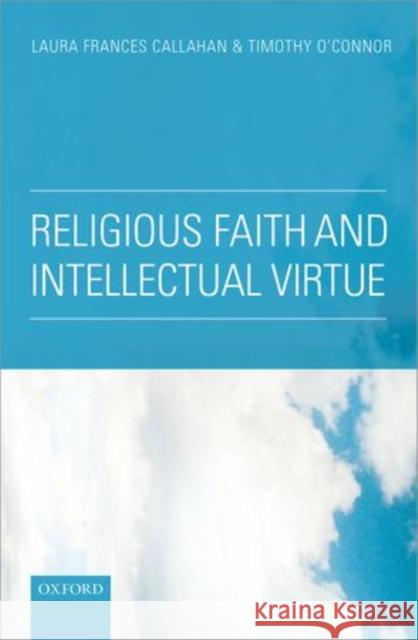Religious Faith and Intellectual Virtue » książka
Religious Faith and Intellectual Virtue
ISBN-13: 9780199672158 / Angielski / Twarda / 2014 / 352 str.
Is religious faith consistent with being an intellectually virtuous thinker?
In seeking to answer this question, one quickly finds others, each of which has been the focus of recent renewed attention by epistemologists: What is it to be an intellectually virtuous thinker? Must all reasonable belief be grounded in public evidence? Under what circumstances is a person rationally justified in believing something on trust, on the testimony of another, or because of the conclusions drawn by an intellectual authority? Can it be reasonable to hold a belief on a topic over which there is significant, entrenched disagreement among informed inquirers, or should such disagreement lead all parties to modify or suspend their own judgments? Is there anything about faith that exempts it from measurement against such epistemic norms? And if we would so evaluate it, how exactly should we understand the intellectual commitments faith requires?
The volume's introduction provides a roadmap of the central issues and controversies as currently discussed by philosophers. In fourteen new essays written to engage nonspecialists as well as philosophers working in religion and epistemology, a diverse and distinguished group of thinkers then consider the place of intellectual virtue in religious faith, exploring one or more of the specific issues noted above.











